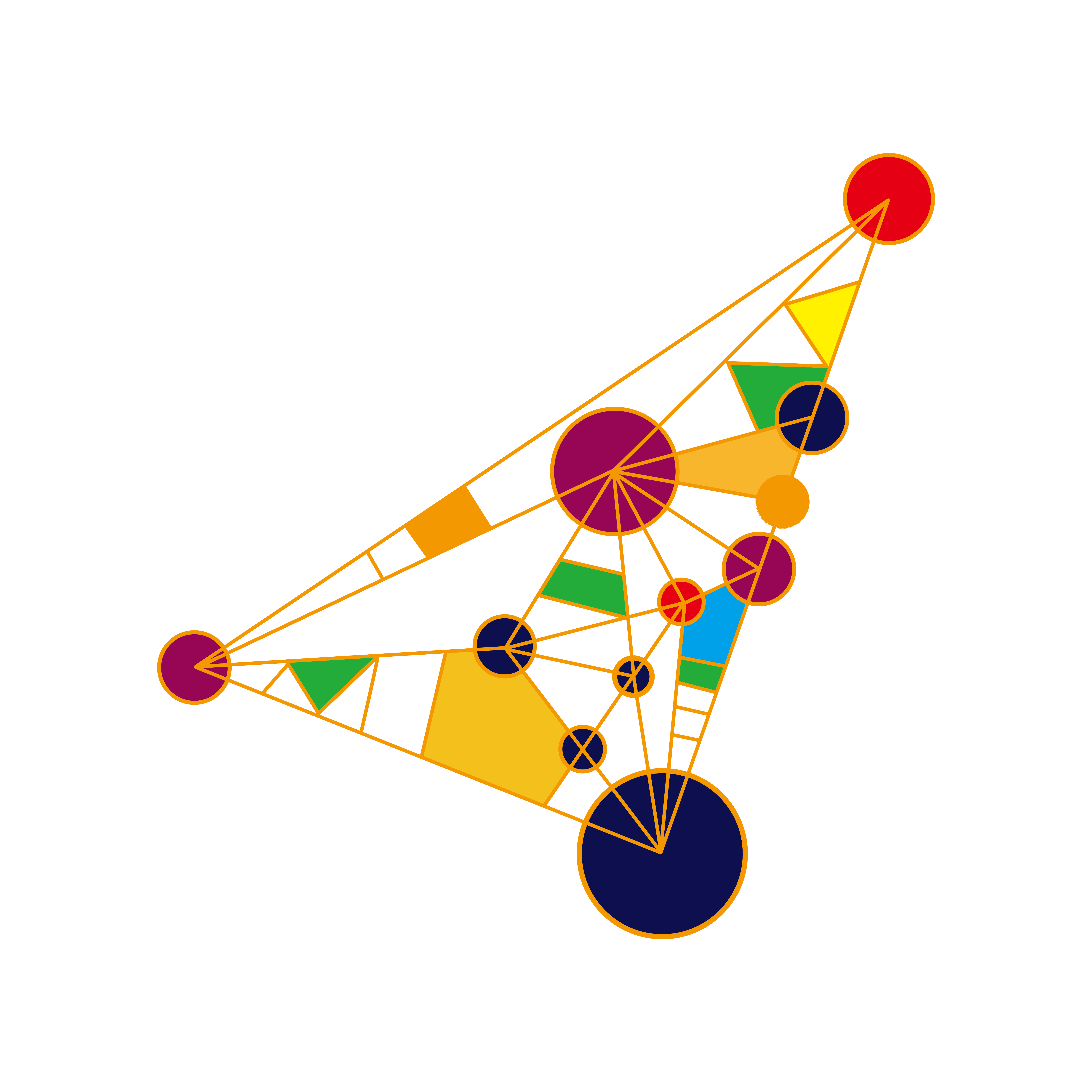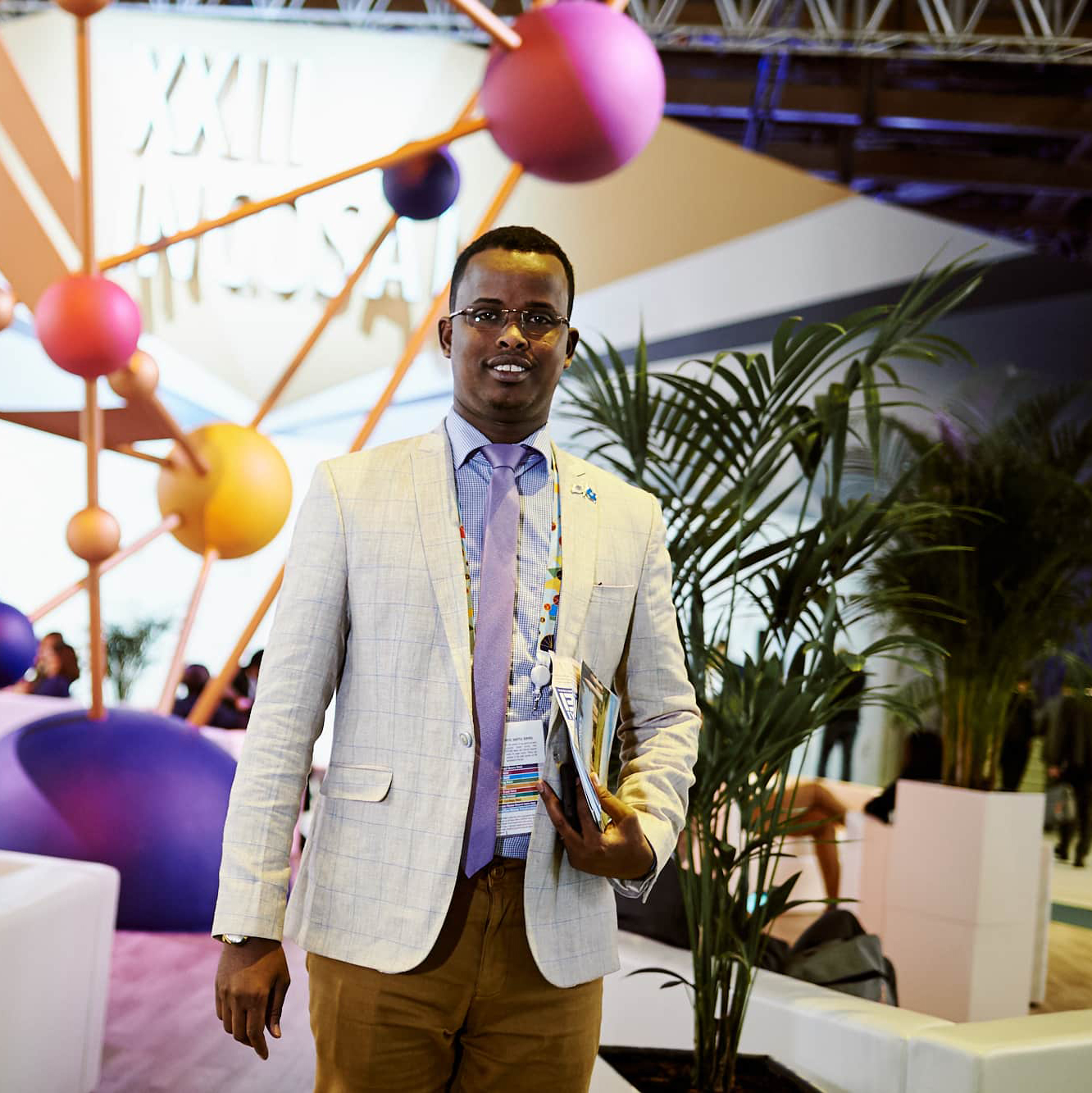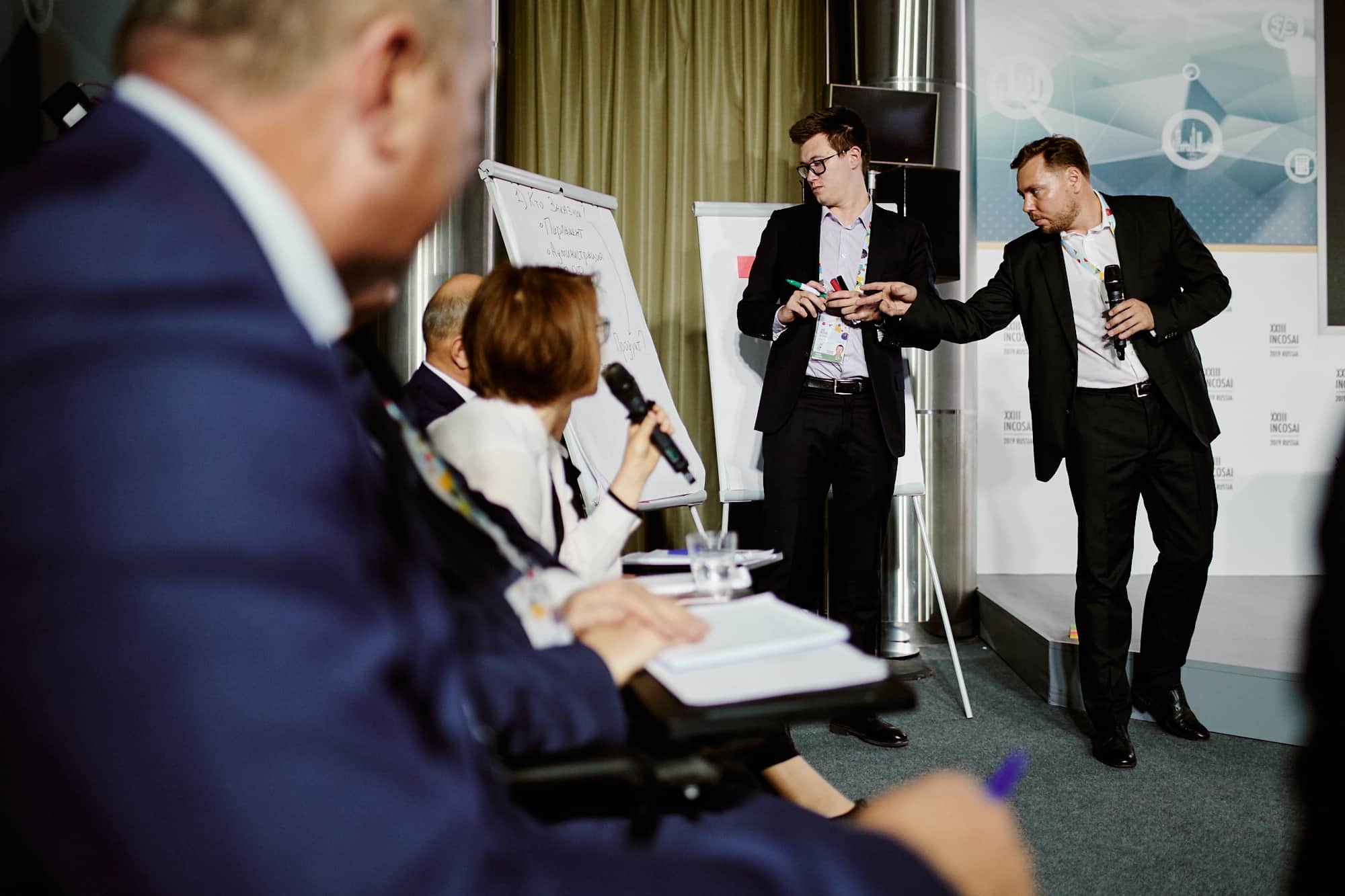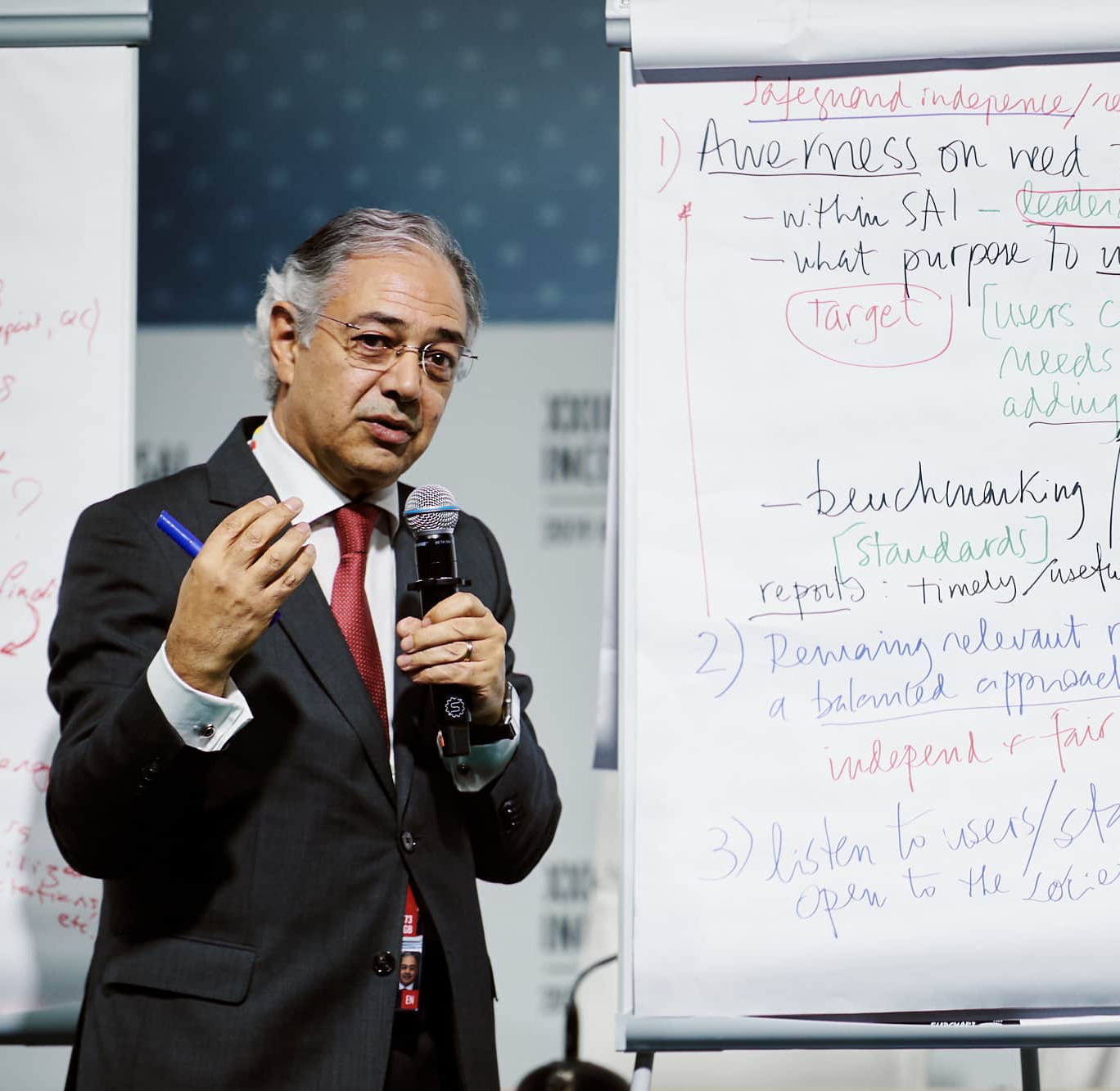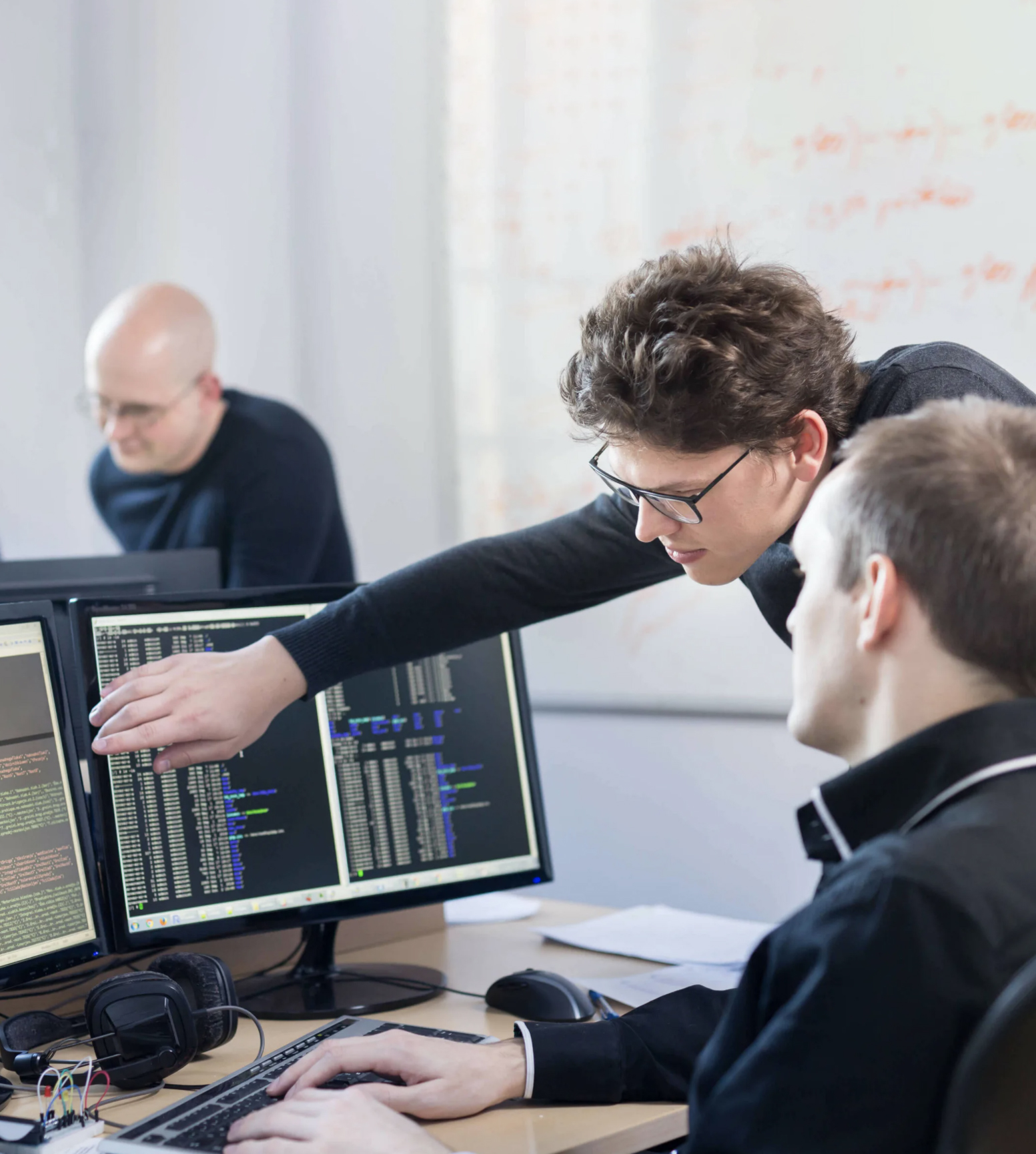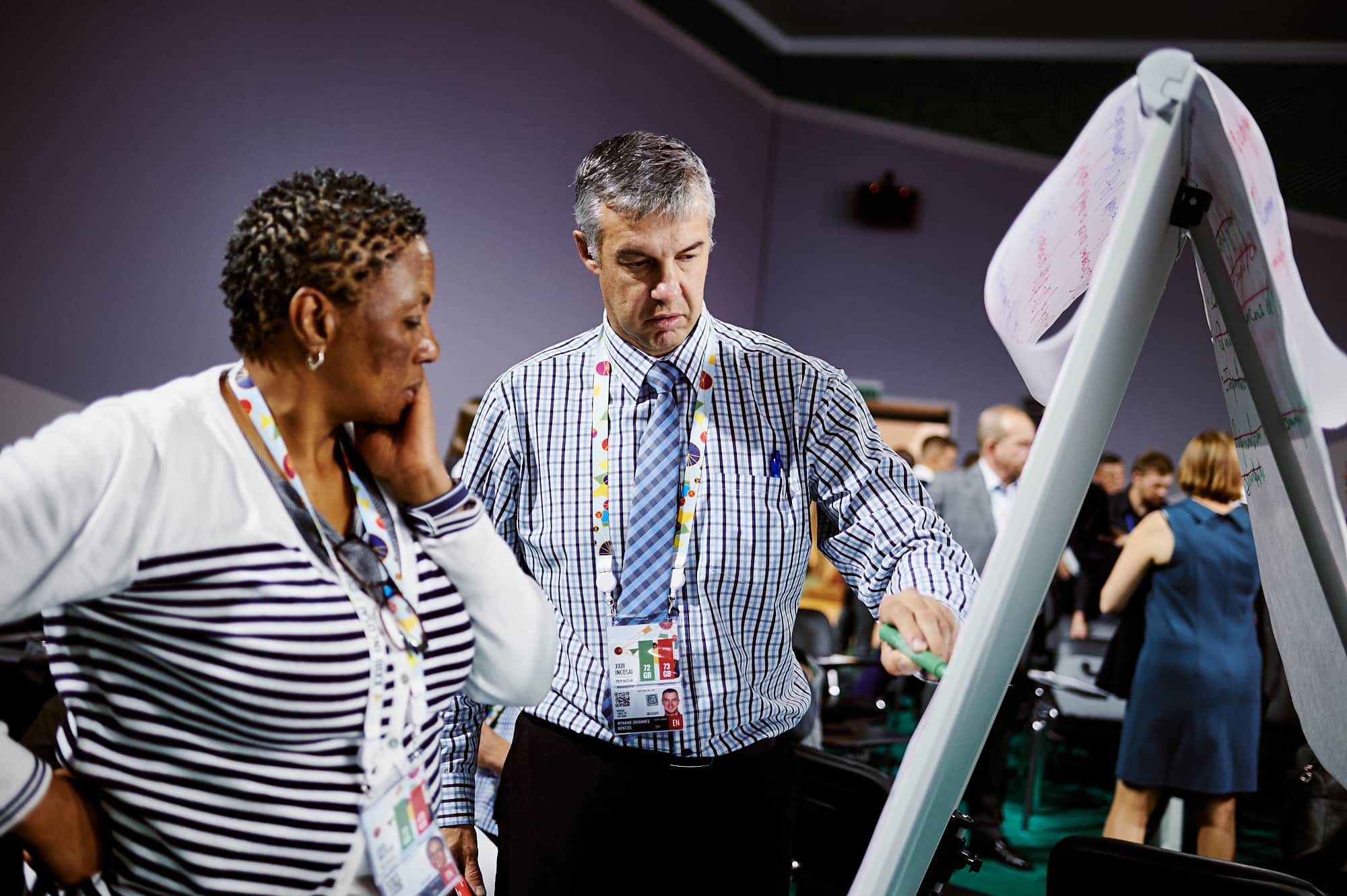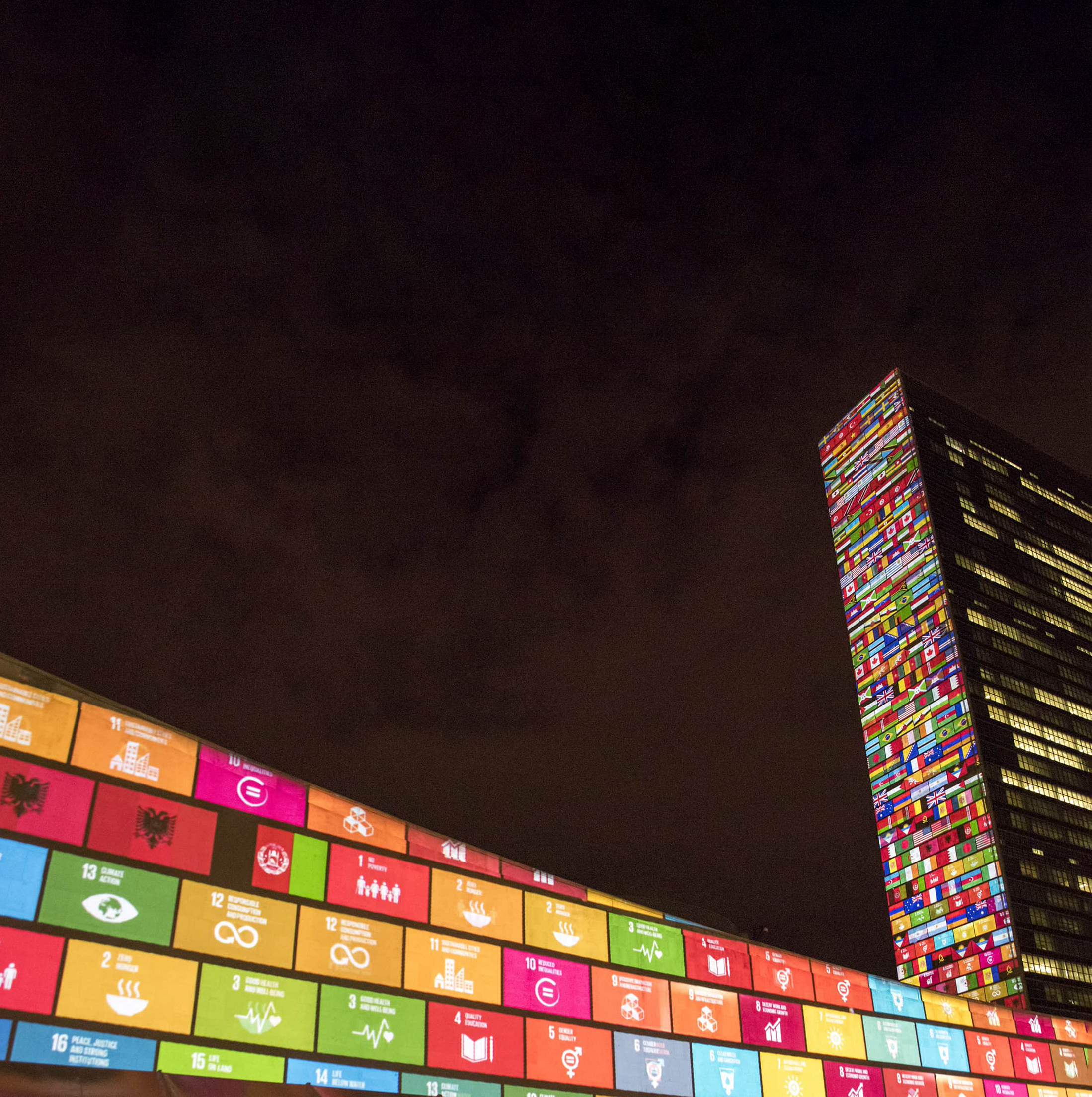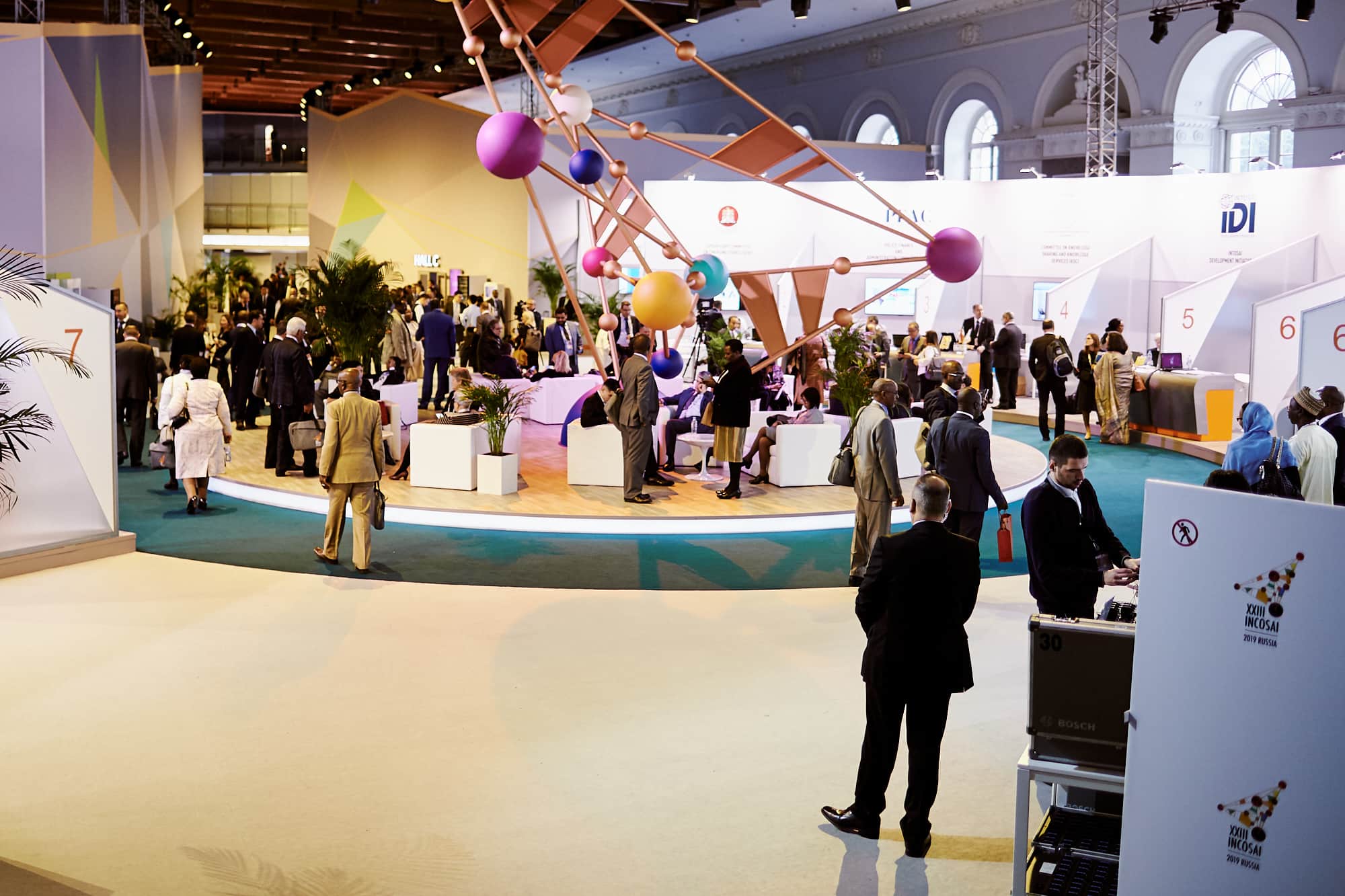Progress
Throughout last year SAIs not only voluntarily introduced innovations and fostered development according to preestablished plans, but also had to react to the COVID-19 pandemic, which posed a challenge to traditional ways and methods of work, required SAIs to be resilient to keep operating (Mexico, Costa Rica). In general, innovation has gained primary attention of many SAIs’ leadership, which has led to introduction of particular instruments for encouraging and motivating personnel in this area (Jordan, Bahrain, Fiji). At the same time, mechanisms have been deployed to measure this progress, including dashboards, reports or even awards (Myanmar, Malaysia).
Establishing special teams charged with innovative development has become frequent (France, Cyprus, China). On the other hand, SAIs strive to transform their working environment to become more agile and innovative in general, allowing them to adopt and repurpose tools which enhance the audit procedures allowing for the adoption of trending best practices (Austria, Costa Rica, Jamaica, Russia) or performing trial audits with innovative methods for further evaluation and dissemination (China). Primary areas of innovation included, mostly, extensive use of technology in audit work (North Macedonia, Bahrain), targeting new audit areas (Malta) and establishing new ways of internal communication or third-party engagement (Haiti, India, Czech Republic). SAIs value the possibility to adopt innovation from international contacts, specific trainings and programs (North Macedonia, Indonesia, Chile, Austria), fostering bilateral exchange of experience and knowledge (Algeria), making use of INTOSAI working groups and resources (Ecuador).
China:
Whatever the audit subject is, SAI China applies trial audit with an experimental mindset. The relevant audit department will dispatch an audit team to conduct a small-scale audit with the same subject in a targeted auditee.
Norway:
One method that has worked with success at some SAIs is to have a separate organizational unit on the side of the main organizational body of the SAI. This unit should be given much more leeway to experiment and innovate freely without the rigorous planning and reporting regime that is typical to the day-to-day management of a lot of SAIs.
Despite the fact that the pandemic served as an opportunity for innovations, SAIs identify it as one of the most serious obstacles and reasons for lack of necessary finance, impeding introduction of innovative methods (Jamaica, UK). However, most frequent challenges lay in the area of organizational culture and jurisdictional environment, which does not allow for experiments (Slovakia, Czech Republic). It has low tolerance for mistakes, which are inevitable in the process (Portugal, Finland, Malta) and is characterized by resistance to work based on results instead of procedures (Peru). Even simple technical problems have been an issue in some cases. Further, it turned out difficult for SAIs to find external support for innovation because stakeholders and the general public do not appreciate the impact and value of auditing activity and the ability of Government agencies to fulfil audit recommendations (Malaysia).
Finland:
Auditors are good in identifying risk, but sometimes lack courage to also build on novel and uncertain opportunities. This journey to foster an innovation-prone culture will take specific efforts in allowing room for mistakes while learning from them, celebrating early successes and sharing best practice.
Challenges
Understandable difficulties have been encountered and are expected further when it comes to fundamental challenges, not specific to audit work, such as climate change, ageing population and the digitalization of public services (UK), or auditing new areas, such as blockchain technology and artificial intelligence (Malta). Nevertheless, it is understood that most challenges require more time to be overcome, as building an innovative mindset is a long process (Indonesia). Moreover, SAIs believe it would be valuable to encourage INTOSAI to share good practices in this field and provide possible support (Portugal, St. Vincent and the Grenadines).
Plans
Innovation and development plans of SAIs range from completing the projects already in progress to making long-term plans up to 2025 (Indonesia, North Macedonia). Replies confirm that SAIs are going to continue extensive use of technology in their work (Cyprus, Malta) and make an emphasis on staff training and capacity building (Myanmar, Thailand). They will continue to create special organizational units to foster innovations and carry out experimental approaches (Thailand), make necessary adjustments to organizational culture for personnel motivation (Peru, Myanmar). SAIs have plans for pilot testing of new procedures prior to their implementation (Cyprus) and setting up indicators and criteria to measure the progress so that the decision to proceed or to undertake course corrections is evidence-based (UK, Peru).
Contact Us
The Accounts Chamber of the Russian Federation
Department for International and Regional Cooperation
119121, Russia, Moscow, Zubovskaya street, 2
